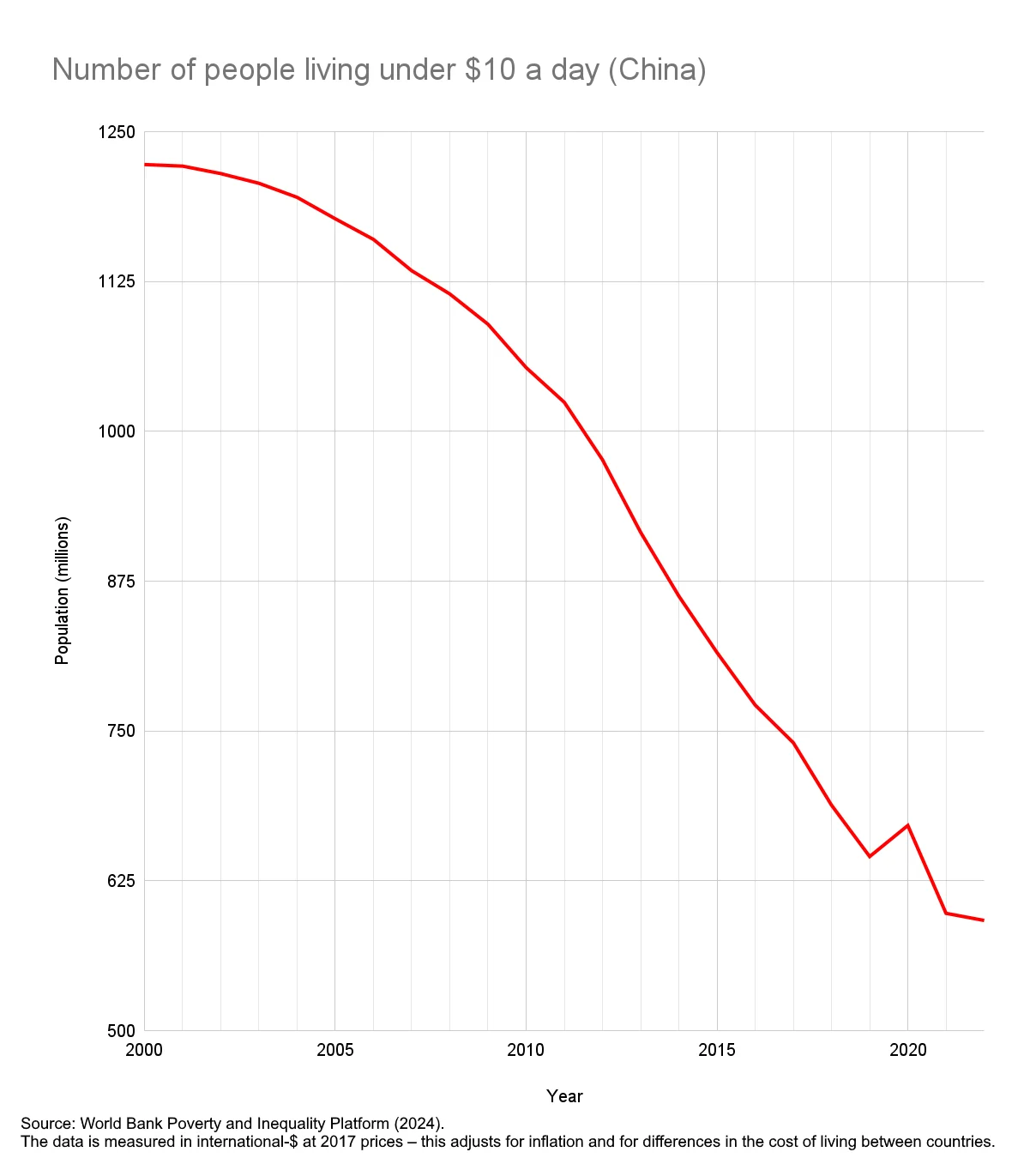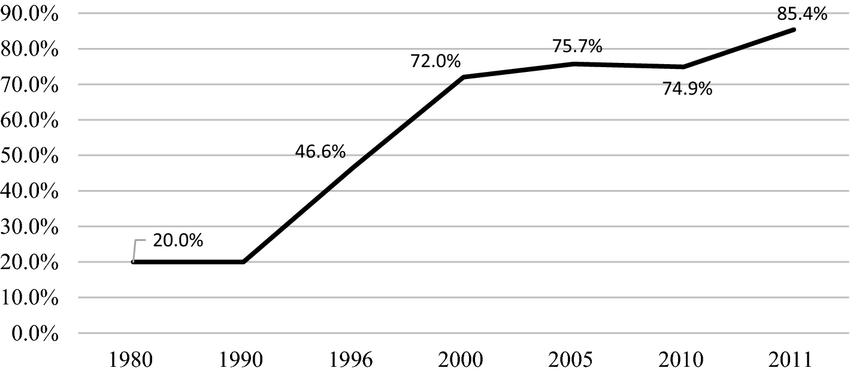Tradition? EU-China summits usually happen in person, with the covid years having been the exception. And the tensions with the US make this one particularly important perhaps.
Alsephina
Or they are saying that there isn’t likely to be much trade anyway with such high tariffs.
And they are saying. Further retaliations won't be through tariffs.
However, China warned that it will “resolutely counterattack and fight to the end” if the US continues to infringe on its rights and interests. It also said America should take full responsibility for the damage caused by the tariffs.
So I guess they will retaliate against any further tariffs as usual, but it will be through other means
What happens when Chinese companies suddenly have a oversupply of goods that would normally be shipped to the US?
They might — at least temporarily — decrease prices to sell those goods, and that would naturally mean more importers in the EU and other regions are gonna buy more of them and probably sell at lower prices, driving out local competitors
He folded pretty quick lmfao
Wonder how long it'll take for him to fold on China
Great that they're supporting Palestine diplomatically I guess, but so far they're still trading with israel, even if with some "bureaucratic obstacles"
I guess that's the drawback of positioning yourself as an alternative to the US that doesn't interfere with foreign politics. The USSR was openly funding armed Palestinian resistance like the PFLP.
Even NATOpedia agrees
A KGB spy and a CIA agent meet up in a bar for a friendly drink
"I have to admit, I'm always so impressed by Soviet propaganda. You really know how to get people worked up," the CIA agent says.
"Thank you," the KGB says. "We do our best but truly, it's nothing compared to American propaganda. Your people believe everything your state media tells them."
The CIA agent drops his drink in shock and disgust. "Thank you friend, but you must be confused... There's no propaganda in America."
You're currently a genocidal pig supporter. If you don't want to be one, you can stop.








They're now saying these electronics will be tariffed separately lol. They're just doing blatant insider trading